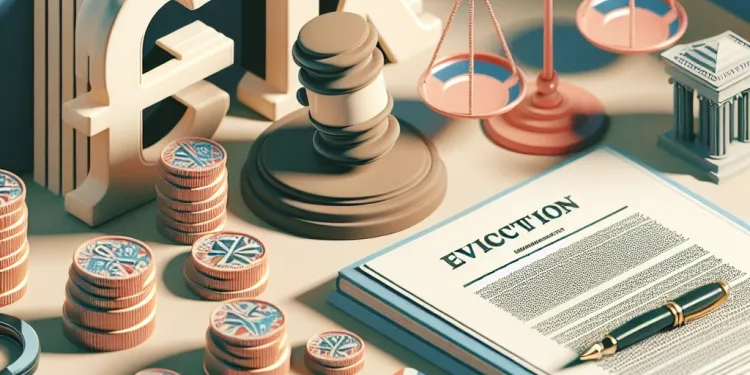
Find Help
More Items From Ergsy search
-

How can I prepare for an eviction court hearing?
Relevance: 100%
-
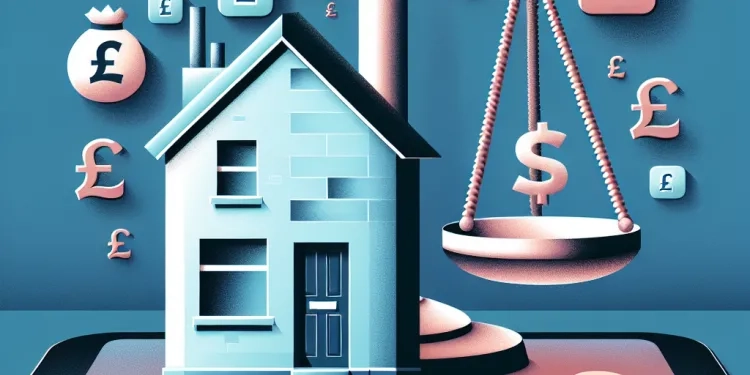
Can I appeal a court's eviction decision?
Relevance: 63%
-
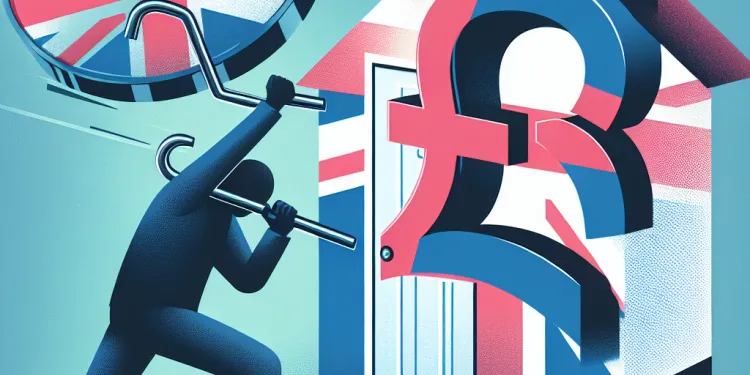
How can I contest or challenge the eviction?
Relevance: 55%
-

What should I do if I receive an eviction notice from my landlord?
Relevance: 55%
-

How do I prepare for a tribunal hearing?
Relevance: 55%
-
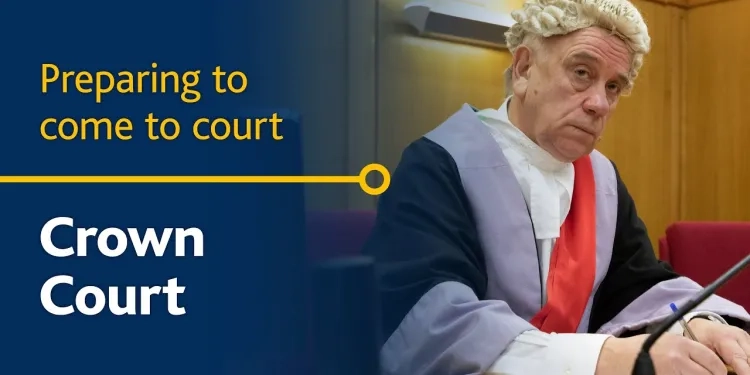
Crown Court - Preparing to come to court
Relevance: 52%
-
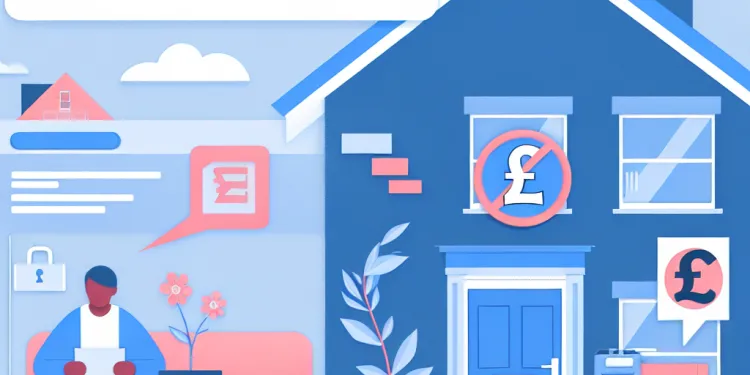
What can I do if my landlord wants to evict me?
Relevance: 51%
-

What role do preliminary hearings play in the timing of a case coming to court?
Relevance: 49%
-

Can I stop an eviction if I catch up on rent payments?
Relevance: 47%
-

What are my rights during the eviction process?
Relevance: 47%
-

Supreme Court to Hear Landmark Case on Environmental Regulations
Relevance: 47%
-
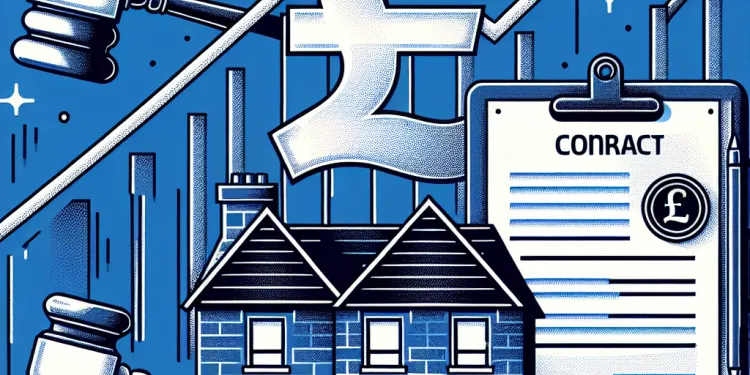
Are there changes to the eviction process?
Relevance: 45%
-

Is mediation an option to resolve eviction disputes?
Relevance: 44%
-

What should I do if I can't afford a lawyer for the eviction process?
Relevance: 44%
-
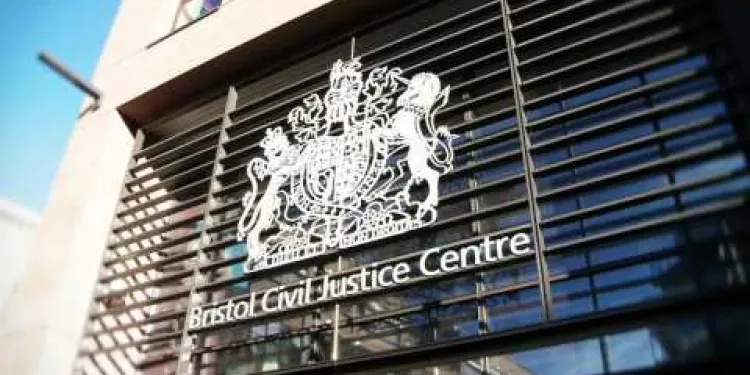
The Family Court without a Lawyer - Video 1 of 3
Relevance: 42%
-
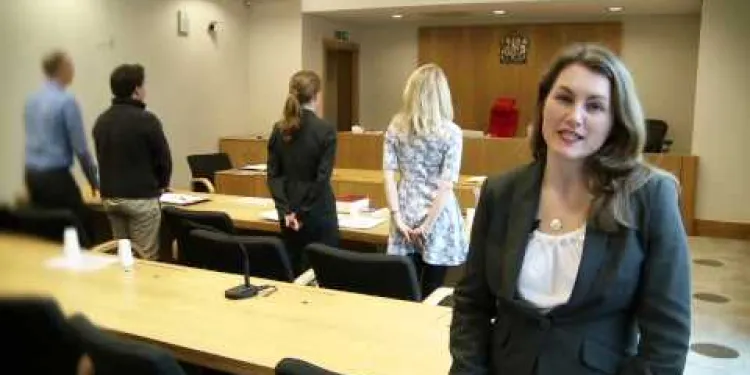
The Family Court without a Lawyer - Video 2 of 3
Relevance: 42%
-
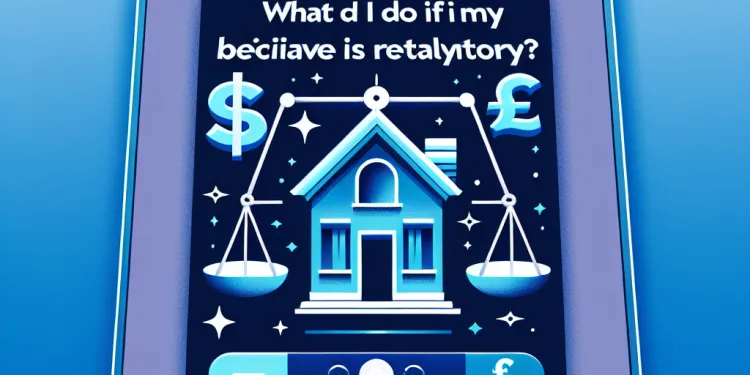
What can I do if I believe my eviction is retaliatory?
Relevance: 42%
-
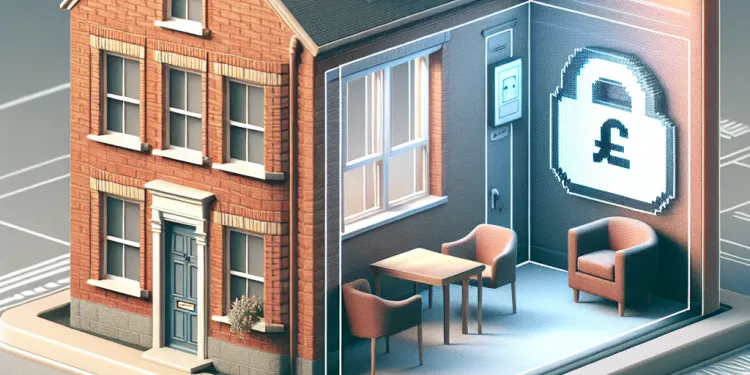
Can a landlord lock me out or remove my belongings to evict me?
Relevance: 41%
-

How long do I have to move out after receiving an eviction notice?
Relevance: 41%
-
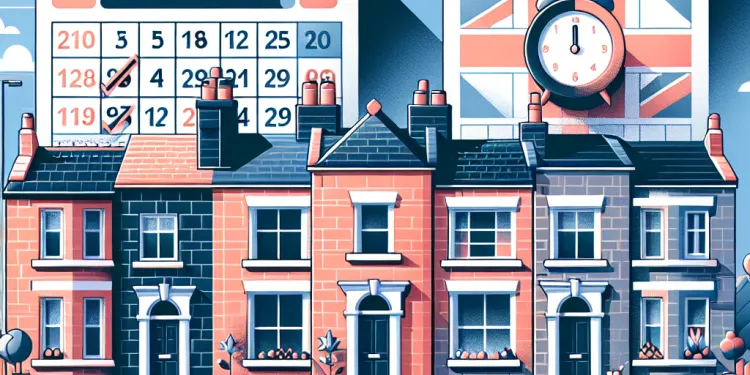
What happens if I stay beyond the eviction deadline?
Relevance: 41%
-
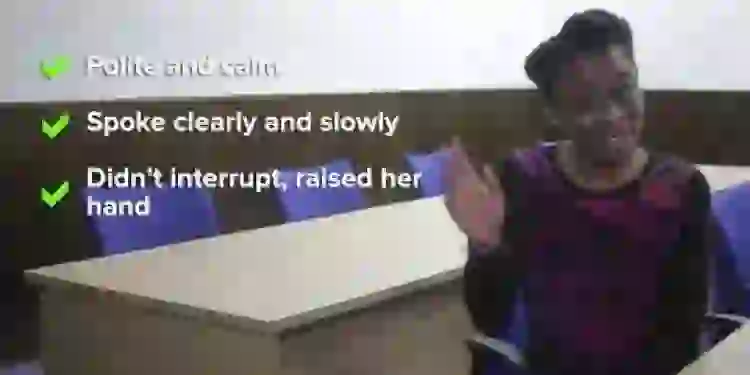
How to represent yourself in family court in England and Wales
Relevance: 40%
-

Can eviction affect my credit score?
Relevance: 40%
-
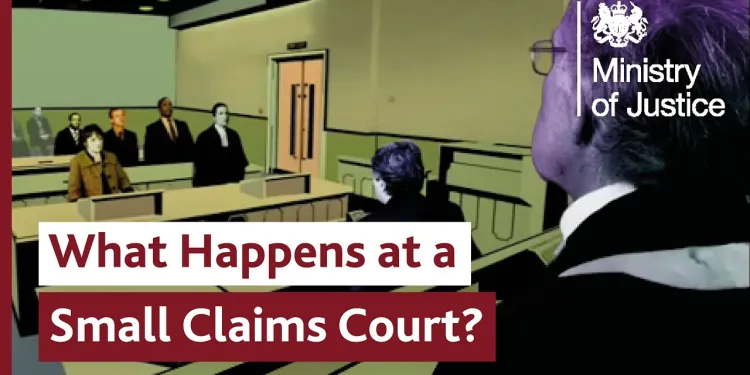
What Happens at Small Claims Court? Making a Court Claim for Money
Relevance: 40%
-

The Family Court without a Lawyer
Relevance: 39%
-

Does filing for bankruptcy stop an eviction?
Relevance: 39%
-
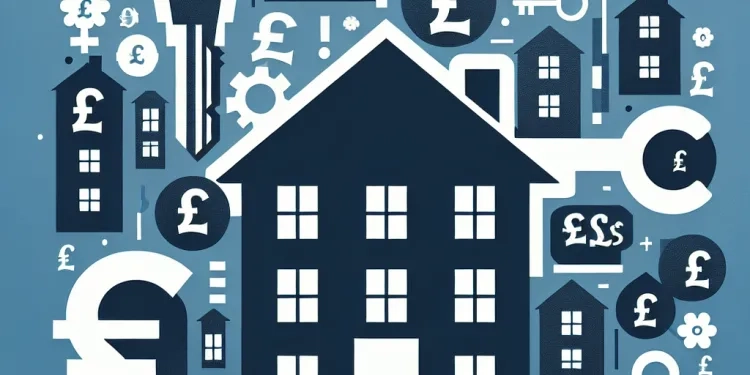
What are the consequences of having an eviction on my record?
Relevance: 39%
-
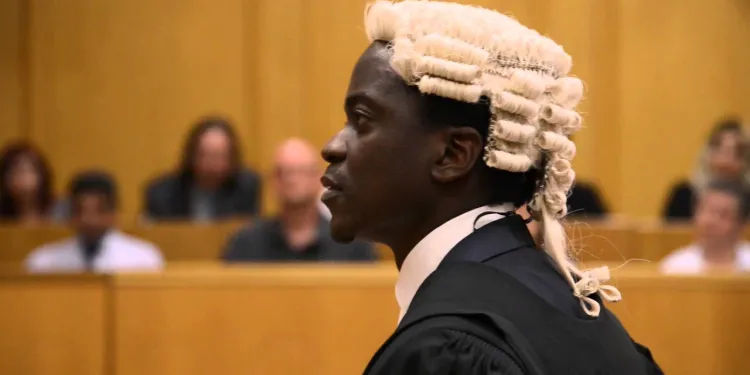
The Crown Court
Relevance: 39%
-
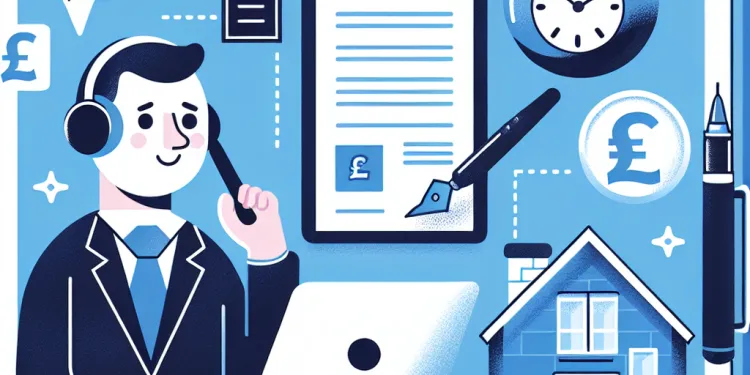
Can I negotiate with my landlord to avoid eviction?
Relevance: 37%
-

What happens during a tribunal hearing?
Relevance: 37%
-

Will attending a tribunal hearing be mandatory?
Relevance: 37%
-

Can my landlord evict me without providing a reason?
Relevance: 36%
-
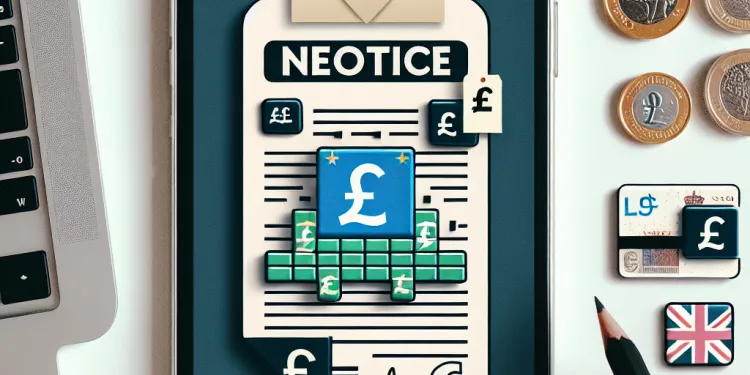
Has the notice period for eviction changed?
Relevance: 36%
-

Magistrates in the Family Court: A Private Law Case
Relevance: 35%
-

How does the type of case impact the court schedule?
Relevance: 35%
-
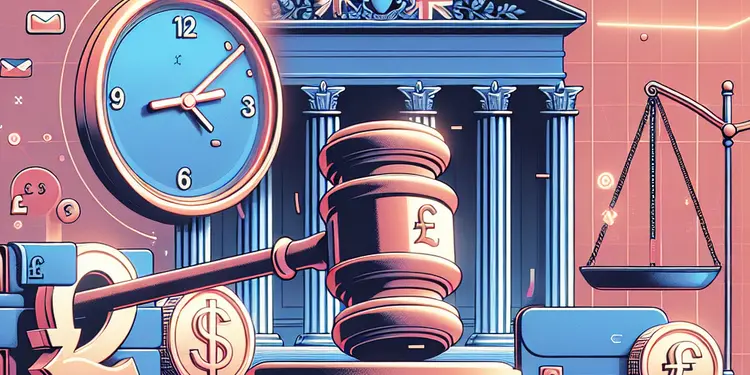
Why might a court date be delayed?
Relevance: 34%
-

How do court holidays affect the timeline for a case to come to court?
Relevance: 34%
-

Are there any government programs that can help me avoid eviction?
Relevance: 34%
-

How long does it take for a case to come to court?
Relevance: 34%
-

Can legal representation speed up the process of a case coming to court?
Relevance: 33%
-

Court of Protection
Relevance: 33%
Understanding the Eviction Process
Before you prepare for an eviction court hearing in the UK, it is crucial to understand the eviction process. Typically, landlords must follow a legal procedure to evict a tenant, which involves serving a valid notice, such as a Section 21 or Section 8 notice, depending on the circumstances. After serving notice, if the tenant does not vacate the property, the landlord can apply to the court for a possession order.
Gathering Relevant Documentation
To effectively prepare for your eviction court hearing, collect all relevant documentation related to your tenancy. This includes your tenancy agreement, rent payment records, any communication between you and your landlord regarding the eviction, and copies of any notices served. Having these documents organized and ready will help you present your case clearly and effectively.
Understanding Grounds for Eviction
It is essential to understand the grounds on which your landlord is seeking eviction. For a Section 21 notice, the landlord does not have to provide a reason, but the notice must be served correctly. For a Section 8 notice, the landlord must specify legal grounds, such as rent arrears or breaches of the tenancy agreement. By understanding these grounds, you can better prepare your defense.
Seeking Legal Advice
Consider seeking legal advice if you are facing eviction. Organizations such as Citizens Advice, Shelter, and various legal aid services can provide guidance and support. A solicitor with experience in housing law can help you understand your rights and may be able to identify any procedural mistakes made by your landlord that could affect the validity of the eviction process.
Preparing Your Defense
If you intend to contest the eviction, prepare your defense meticulously. This may involve demonstrating that the eviction notice was invalid, the grounds for eviction are unjustified, or that you have resolved any issues, such as catching up on missed rent payments. Be ready to present evidence, such as bank statements or email correspondence, to support your claims.
Attending the Hearing
When attending the eviction court hearing, arrive on time and dress appropriately. Be respectful in the courtroom and address the judge and all parties involved professionally. Outline your case clearly and confidently, providing evidence where necessary. If you have legal representation, they will present your case on your behalf, but it is still crucial to be present and engaged in the proceedings.
After the Hearing
The court will issue a decision regarding the eviction, which may take some time depending on the complexity of the case. If the decision is in your favor, you may be allowed to stay in the property under certain conditions. If the decision is against you, it is essential to understand the timeline and options available, such as applying for a stay of execution or preparing to vacate the property. Again, seeking legal advice can provide clarity on the next steps.
Understanding the Eviction Process
Before going to court for eviction in the UK, it's important to know how eviction works. Landlords must follow legal steps to evict a tenant. This means giving the tenant a proper notice, like a Section 21 or Section 8 notice, depending on the situation. If the tenant doesn't leave after getting the notice, the landlord can ask the court for a possession order to make the tenant leave.
Gathering Relevant Documentation
Get all the important papers about your tenancy before your court hearing. This means finding your tenancy agreement, records of rent payments, letters between you and your landlord about the eviction, and copies of notices sent to you. Having all these papers ready will help you explain your side clearly in court.
Understanding Grounds for Eviction
Know why your landlord wants to evict you. A Section 21 notice doesn’t need a reason, but it must be given the right way. For a Section 8 notice, the landlord must have a legal reason, like not paying rent or breaking rules in the agreement. Knowing these reasons helps you get ready to defend yourself.
Seeking Legal Advice
Think about getting legal help if you’re facing eviction. Groups like Citizens Advice and Shelter can help you. They give advice and support. A lawyer who knows about housing can help you understand your rights and might see if your landlord made mistakes with the eviction process.
Preparing Your Defense
If you want to fight the eviction, get your defense ready carefully. You might need to show the notice was wrong, the reasons for eviction are not fair, or you fixed the problems, like paying owed rent. Bring proof like bank statements or emails to back up your claims.
Attending the Hearing
On the day of the court hearing, be on time and dress nicely. Be polite in the courtroom and speak to the judge and others respectfully. Explain your case clearly and show evidence if needed. If you have a lawyer, they will speak for you, but it’s important for you to be there and pay attention to what’s happening.
After the Hearing
After court, the judge will decide about the eviction. This might take some time. If you win, you may stay at the property under certain conditions. If you lose, find out what you need to do next, like moving out or asking the court for more time. Again, getting legal help can explain your choices after the hearing.
Frequently Asked Questions
What documents should I bring to an eviction court hearing?
Bring your lease agreement, any notices you've received, proof of rent payment, correspondence with your landlord, and any other documents that support your case.
How can I find legal representation for an eviction hearing?
Contact local legal aid organizations, tenant unions, or bar associations for referrals to attorneys who specialize in landlord-tenant law.
What should I wear to an eviction court hearing?
Dress neatly and conservatively, similar to what you would wear to a job interview, to show respect for the court.
How early should I arrive at the courthouse?
Plan to arrive at least 30 minutes to an hour early to allow time for security checks and to find the correct courtroom.
What should I do if I cannot attend the eviction hearing on the scheduled date?
Contact the court immediately to request a continuance or rescheduling. Provide valid reasons for your inability to attend.
Can I present witnesses in my eviction hearing?
Yes, you can bring witnesses who have direct knowledge of the issues related to your eviction.
How can I practice what to say during my eviction hearing?
Review the facts of your case, organize your evidence, and practice explaining your side of the story clearly and concisely.
What are common defenses to an eviction?
Common defenses include lack of proper notice, retaliatory eviction, discrimination, and breaches of the rental agreement by the landlord.
What should I do if the landlord does not follow proper eviction procedures?
Gather evidence of any procedural errors by the landlord and present them in court as part of your defense.
Can I negotiate with my landlord before the hearing?
Yes, try to communicate with your landlord to see if a mutual agreement can be reached before the court date.
What if I need an interpreter for the court hearing?
Contact the court in advance to request an interpreter and ensure they will be available on the day of your hearing.
How can I check the status of my eviction case?
You can check with the court's clerk office, or online if the court provides case status updates on its website.
What is the role of a judge in an eviction hearing?
The judge evaluates the evidence presented, listens to both parties, and makes a decision based on the applicable law.
How long does an eviction hearing typically last?
The duration varies, but most eviction hearings last between 15 minutes to an hour, depending on the complexity of the case.
What are my options if I lose the eviction case?
You may have the option to appeal the decision, or negotiate with your landlord for more time to move out.
How can I find out if I qualify for an appeal after an eviction ruling?
Consult with an attorney who can explain your legal rights to appeal based on the court's decision and the specifics of your case.
What should I do the night before the eviction hearing?
Organize all your documents, review your case, and ensure you have everything you need for the hearing ready to go.
Is it possible to settle out of court before the eviction hearing?
Yes, reaching a mutual agreement with your landlord before the hearing could be beneficial for both parties.
What happens if my landlord and I reach an agreement before the hearing?
Notify the court of the settlement and ensure that any agreement is put in writing and signed by both parties.
Can the court provide assistance if I cannot afford an attorney?
Some courts may offer pro bono services, or refer you to legal aid organizations that might be able to help you free of charge.
What papers do I need to bring to court if I have to move out?
Bring your rental agreement, letters or messages you've got, proof that you've paid rent, and any other important papers that help your story.
How can I get a lawyer for an eviction hearing?
If you need help with an eviction, you can find a lawyer. A lawyer can help you in court.
Here are some tips to find a lawyer:
- Ask people you trust if they know any lawyers.
- Check online for free legal help in your area.
- Visit a local legal aid office. They can help people who cannot pay for a lawyer.
- Look for a lawyer who knows about housing and evictions.
Tools and techniques to help you:
- Use simple words when searching online.
- Ask someone to help you look for or call a lawyer.
- Write down questions you have for the lawyer.
Ask for help! Talk to places that give free legal help, groups that help renters, or lawyer groups. They can help you find lawyers who know about renting rules.
What Clothes Should I Wear to Court?
You should wear nice clothes when you go to court. This means clothes that are clean and neat.
- Wear a shirt with a collar or a nice top.
- Wear pants or a skirt.
- Try to wear shoes that cover your toes.
- Avoid wearing hats inside the courtroom.
Ask someone you trust if you need help picking your clothes. You can also practice what you will say in court with a friend or family member.
Wear nice and tidy clothes, like what you would wear to an important job meeting. This shows respect when you go to court.
When should I get to the courthouse?
Get there 30 minutes to 1 hour early. This gives you time for security checks and to find the right courtroom.
What if I can't go to the eviction hearing on the scheduled date?
If you can't go to the eviction hearing on the planned day, don't worry. Here are some steps you can take:
1. Tell the Court: Call or write to the court as soon as you can. Tell them why you can't come.
2. Ask for a New Date: You might be able to ask for a new date for the hearing. This is called a "reschedule." Tell the court why you need a new date.
3. Get Help: Ask someone for help, like a friend, family member, or a legal advisor. They can help you understand what to do.
4. Keep Records: Save all letters, emails, or notes about your hearing. This can help you later.
These steps can help if you can't make it to your eviction hearing. Remember, it's important to act quickly.
Contact the court right away if you need to change your court date. Tell them why you can't be there on the original day.
If you find it difficult to talk on the phone, you can ask someone to help you. Writing down what you want to say before you call can also be useful.
Can I bring people to speak for me in my eviction hearing?
You can ask people who know about your case to come and talk for you. These people are called witnesses.
When you go to court, tell the judge why you want them to speak.
If they saw or heard something important, it can help your case.
You might want to talk to a lawyer or an advocate. They can give you good advice.
Yes, you can have people who know what happened with your eviction come and talk.
How can I practice what to say at my eviction hearing?
Do you need help getting ready for your eviction hearing? Here are some easy steps you can follow:
- Write it down: Think about what you want to say. Write it on paper.
- Practice with a friend: Pretend your friend is the judge. Tell them what you plan to say.
- Record yourself: Use a phone or tablet to record your voice. Listen to hear what you sound like.
- Ask for help: You can talk to someone who knows about eviction, like a lawyer or advisor.
- Take deep breaths: Breathing can help you feel calm before speaking.
These tips will help you feel ready and more confident during your hearing.
Look at the details of your case. Put your proof in order. Practice telling your story clearly and simply.
What can you say to stop being forced to move out?
People can have different reasons to defend themselves. Some common ones are:
- The landlord didn't give a clear warning.
- The landlord is trying to get back at the tenant unfairly.
- The landlord is being unfair because of who the tenant is.
- The landlord broke the rental rules.
Using pictures or simple lists can help you understand better.
What can I do if my landlord tries to make me leave the wrong way?
Collect proof if the landlord made mistakes with rules. Show this proof in court to help your case.
Can I talk to my landlord before the meeting?
Talk to your landlord. Try to agree on something before going to court.
What if I need someone to help me understand the court hearing?
If you need help to understand the language at the court, you can ask for an interpreter. An interpreter can help you by saying what people are saying in your language.
You should tell the court as soon as you know you need an interpreter. This will help them arrange for one to be there.
Here are some tips to help you:
- Tell someone at the court office that you need an interpreter. You can do this by phone or in person.
- Try to give them lots of time, so they can get everything ready for you.
- If you have any papers that you do not understand, show them to someone who can help.
- Bring any notes that might help you remember important things to say or ask.
Before you go to court, ask them to have someone who can help translate. Make sure the translator will be there when you need them.
How can I find out what is happening with my eviction case?
If you want to know what is happening with your eviction case, you can try these steps:
- Go to the court or check their website. They may have information about your case.
- Ask the court staff for help. They can explain what to do next.
- Call the court and ask about your case status.
It is a good idea to write down important dates and details. You can use a calendar or planner to keep track. If you need help, ask a friend or family member to support you.
You can ask the court's clerk office for help. They can tell you about your case. You can also check online if the court has a website that tells you about your case.
What does a judge do in an eviction hearing?
A judge listens to both sides of a story. They hear from the person who owns the home (landlord) and the person living in it (tenant).
The judge makes sure everyone gets a fair chance to talk.
The judge decides if the tenant needs to move out or if they can stay.
If reading is tough, ask someone for help or use a computer to read out loud. You can also use pictures or write notes to understand better.
The judge looks at the proof shown by both sides. The judge listens to everyone and then decides what is fair using the law.
How long is an eviction hearing?
An eviction hearing is a meeting in court about a house. It usually lasts a short time, maybe around one hour.
Here are some ways to help understand this better:
- Ask for Help: You can ask someone to explain things if you feel confused.
- Take Notes: Write down important parts so you can remember them later.
- Use Simple Words: Talk and think about it using words you know well.
Eviction hearings can take different amounts of time. Most of the time, they last for 15 minutes to an hour. It depends on how difficult the case is.
What can I do if I lose the eviction case?
You might be able to ask for a change to the decision, or talk to your landlord about getting more time to move out.
Can I ask someone to look at my eviction case again?
If you have to leave your home because of a legal decision, you might be able to ask the court to look at it again. This is called an appeal. Here are some steps to help you:
1. **Ask for Help**: Talk to a legal helper or an advice centre. They can guide you.
2. **Read the Papers**: Check the eviction papers you received. They might say if you can appeal.
3. **Time Limits**: You usually have a short time to appeal, so act quickly.
4. **Explain Why**: Think of reasons why you think the decision was wrong.
It's important to get advice from someone who knows about the law.
Talk to a lawyer. They can tell you if you can ask the court to change its decision. A lawyer will know your case and can help you understand your rights.
What should I do the night before the court meeting about my home?
- **Get ready:** Make sure you have all the papers and things you need. - **Plan your day:** Know what time and where you need to go. - **Ask for help:** You can ask someone you trust to come with you. - **Stay calm:** Try to relax and get a good night's sleep. - **Talk to someone:** If you're worried, talk to a friend or family member. - **Use reminders:** Set an alarm or use a calendar to remind you about the day.Get all your papers and documents together. Look at your case and make sure you have everything you need for the hearing.
Can you make an agreement to move out before going to court?
If you are worried about going to court, you might try to make an agreement first.
You can talk to the person who owns your home. Maybe you can work things out together.
Here are some tips:
- Ask someone you trust to help with talking.
- Write down your agreement so everyone knows and remembers.
- If you need help, you can call a housing advice service.
Yes, talking with your landlord and making a deal before going to court can be a good idea for both of you.
What if my landlord and I agree before the hearing?
You and your landlord can talk and agree on things before going to the hearing. This is called an "agreement."
If you agree, let the court know so they can cancel the hearing.
You can write down what you both agreed on. This is called a "written agreement."
Ask someone, like a friend or a helper, to check the agreement if you need help.
Tell the court about the agreement. Make sure everything you agree on is written down. Both people need to sign it. This makes it official.
Can the court help me if I can't pay for a lawyer?
If you don't have enough money to pay a lawyer, the court might help you get one. You can ask for a free lawyer, called a "public defender." This lawyer helps people who can't pay.
To get a free lawyer, you might need to show how much money you have or don't have. The court will decide if you can get this help.
If you need help understanding this, you can:
- Ask someone you trust to help explain.
- Use simple online guides about court and lawyers.
- Call the court and ask them to explain what you need to do.
Some courts might give free help, or tell you about places that can help you with legal stuff for free.
Useful Links
This website offers general information and is not a substitute for professional advice.
Always seek guidance from qualified professionals.
If you have any medical concerns or need urgent help, contact a healthcare professional or emergency services immediately.
Some of this content was generated with AI assistance. We’ve done our best to keep it accurate, helpful, and human-friendly.
- Ergsy carfully checks the information in the videos we provide here.
- Videos shown by Youtube after a video has completed, have NOT been reviewed by ERGSY.
- To view, click the arrow in centre of video.
- Most of the videos you find here will have subtitles and/or closed captions available.
- You may need to turn these on, and choose your preferred language.
- Go to the video you'd like to watch.
- If closed captions (CC) are available, settings will be visible on the bottom right of the video player.
- To turn on Captions, click settings .
- To turn off Captions, click settings again.
More Items From Ergsy search
-

How can I prepare for an eviction court hearing?
Relevance: 100%
-

Can I appeal a court's eviction decision?
Relevance: 63%
-

How can I contest or challenge the eviction?
Relevance: 55%
-

What should I do if I receive an eviction notice from my landlord?
Relevance: 55%
-

How do I prepare for a tribunal hearing?
Relevance: 55%
-

Crown Court - Preparing to come to court
Relevance: 52%
-

What can I do if my landlord wants to evict me?
Relevance: 51%
-

What role do preliminary hearings play in the timing of a case coming to court?
Relevance: 49%
-

Can I stop an eviction if I catch up on rent payments?
Relevance: 47%
-

What are my rights during the eviction process?
Relevance: 47%
-

Supreme Court to Hear Landmark Case on Environmental Regulations
Relevance: 47%
-

Are there changes to the eviction process?
Relevance: 45%
-

Is mediation an option to resolve eviction disputes?
Relevance: 44%
-

What should I do if I can't afford a lawyer for the eviction process?
Relevance: 44%
-

The Family Court without a Lawyer - Video 1 of 3
Relevance: 42%
-

The Family Court without a Lawyer - Video 2 of 3
Relevance: 42%
-

What can I do if I believe my eviction is retaliatory?
Relevance: 42%
-

Can a landlord lock me out or remove my belongings to evict me?
Relevance: 41%
-

How long do I have to move out after receiving an eviction notice?
Relevance: 41%
-

What happens if I stay beyond the eviction deadline?
Relevance: 41%
-

How to represent yourself in family court in England and Wales
Relevance: 40%
-

Can eviction affect my credit score?
Relevance: 40%
-

What Happens at Small Claims Court? Making a Court Claim for Money
Relevance: 40%
-

The Family Court without a Lawyer
Relevance: 39%
-

Does filing for bankruptcy stop an eviction?
Relevance: 39%
-

What are the consequences of having an eviction on my record?
Relevance: 39%
-

The Crown Court
Relevance: 39%
-

Can I negotiate with my landlord to avoid eviction?
Relevance: 37%
-

What happens during a tribunal hearing?
Relevance: 37%
-

Will attending a tribunal hearing be mandatory?
Relevance: 37%
-

Can my landlord evict me without providing a reason?
Relevance: 36%
-

Has the notice period for eviction changed?
Relevance: 36%
-

Magistrates in the Family Court: A Private Law Case
Relevance: 35%
-

How does the type of case impact the court schedule?
Relevance: 35%
-

Why might a court date be delayed?
Relevance: 34%
-

How do court holidays affect the timeline for a case to come to court?
Relevance: 34%
-

Are there any government programs that can help me avoid eviction?
Relevance: 34%
-

How long does it take for a case to come to court?
Relevance: 34%
-

Can legal representation speed up the process of a case coming to court?
Relevance: 33%
-

Court of Protection
Relevance: 33%


